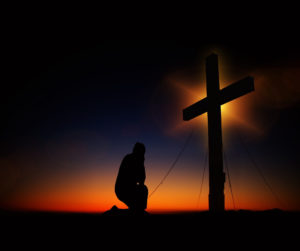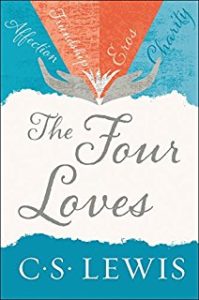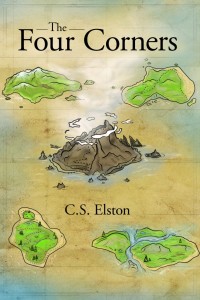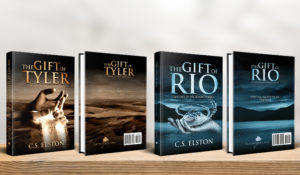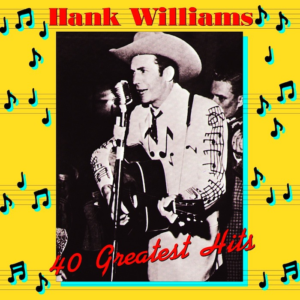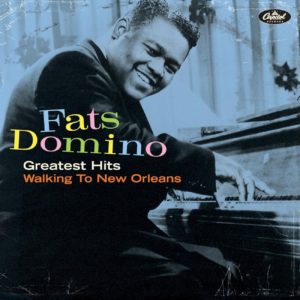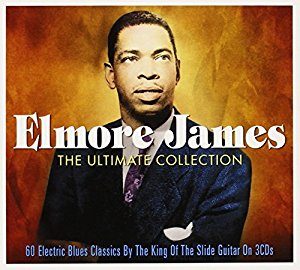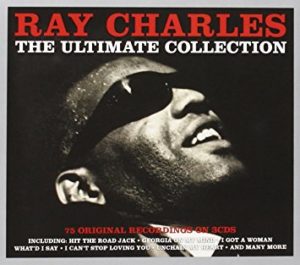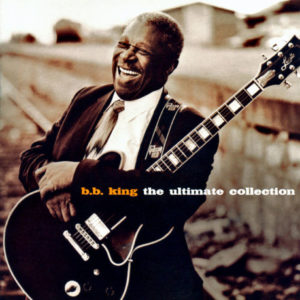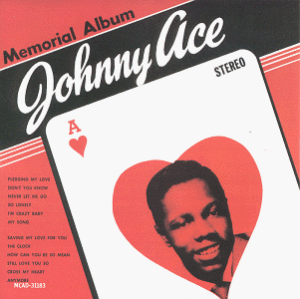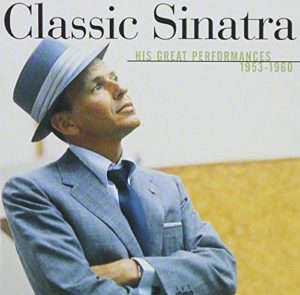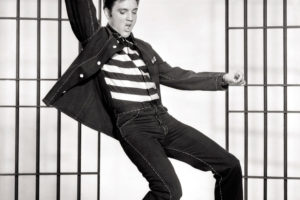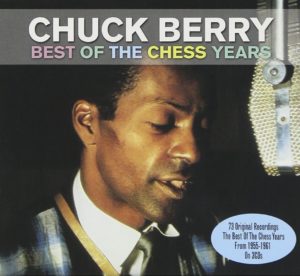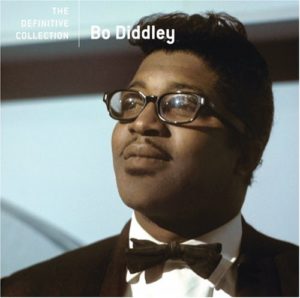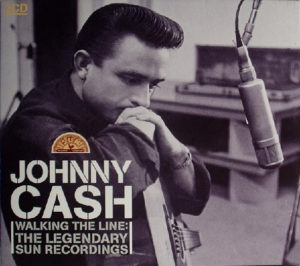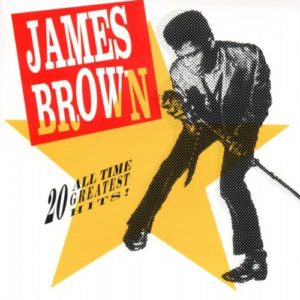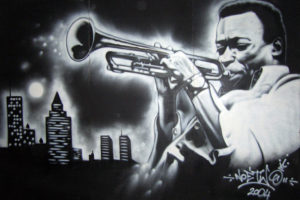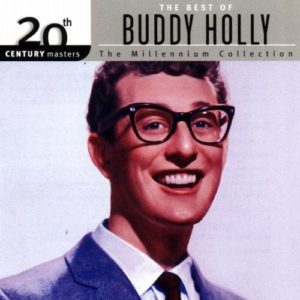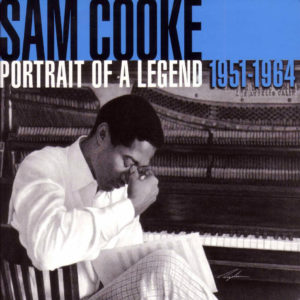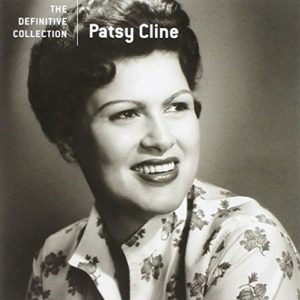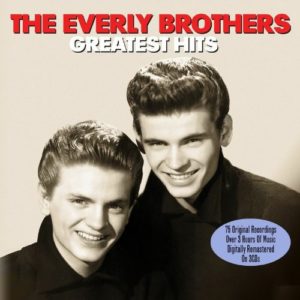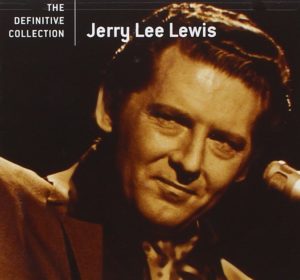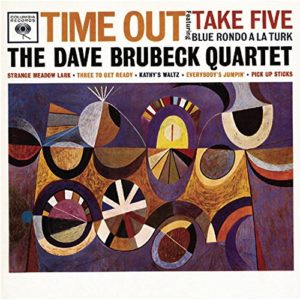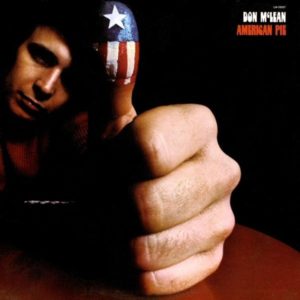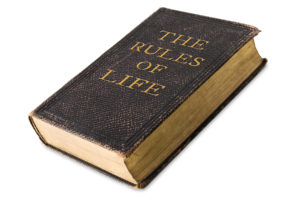 I don’t often quote or promote celebrities but, Chris Pratt is not just any celebrity and he recently did something worth quoting. Sure, he’s an awesome actor who has been in some really cool movies. And, yes, I’m a little partial to the guy because we grew up in the same area. Also, while working on a screenplay about a decade or so ago, I sat one table over from him and his then girlfriend, Anna Farris, at a coffee shop called Priscilla’s which was nearly across the street from the Warner Bros. Studios in Burbank, CA. I didn’t want to bother them, so we never spoke, which makes it a far less interesting story.
I don’t often quote or promote celebrities but, Chris Pratt is not just any celebrity and he recently did something worth quoting. Sure, he’s an awesome actor who has been in some really cool movies. And, yes, I’m a little partial to the guy because we grew up in the same area. Also, while working on a screenplay about a decade or so ago, I sat one table over from him and his then girlfriend, Anna Farris, at a coffee shop called Priscilla’s which was nearly across the street from the Warner Bros. Studios in Burbank, CA. I didn’t want to bother them, so we never spoke, which makes it a far less interesting story.
However, and far more importantly, Pratt accepted the “Generation Award” from MTV a few nights ago and took the opportunity to do something we don’t see often enough at awards shows. While some celebrities have been using these shows to promote political or social causes, Pratt used the platform he has been blessed with to offer some practical advice that could actually make people’s lives better by sharing his “9 Rules from Chris Pratt, ‘Generation Award’ Winner.”
After thanking his family and the fans, he told his audience, “This being the ‘Generation Award’ I’m going to cut to the chase and I am going to speak to you, the next generation. Okay? I accept the responsibility as your elder. So, listen up.”
Here’s a transcript:
- “Breathe. If you don’t, you will suffocate.”
- “You have a soul, be careful with it.”
- “Don’t be a turd. If you’re strong, be a protector. And, if you’re smart, be a humble influencer. Strength and intelligence can be weapons and do not wield them against the weak. That makes you a bully. Be bigger than that.”
- “When giving a dog medicine. Put the medicine in a little piece of hamburger – they won’t even know they’re eating medicine.”
 “Doesn’t matter what it is, earn it. A good deed . . . reach out to someone in pain, be of service. It feels good and it’s good for the soul.”
“Doesn’t matter what it is, earn it. A good deed . . . reach out to someone in pain, be of service. It feels good and it’s good for the soul.”- “God is real. God loves you. God wants the best for you. Believe that. I do.”
- “If you have to poop at a party, but you’re embarrassed because you’re going to stink up the bathroom, just do what I do. Lock the door. Sit down. Get all the pee out first. Okay? And then, when all the pee is out, poop, flush, boom. You minimize the amount of time the poop is touching the air because if you poop first, it takes you longer to pee and then you’re peeing on top of it, stirring it up, the poop particles create a cloud, goes out, and then everyone in the party will know that you pooped. Just trust me. It’s science.”
- “Learn to pray. It’s easy and it’s so good for your soul.”
- “Nobody is perfect. People are going to tell you you’re perfect just the way you are. You’re not. You’re imperfect. You always will be. But, there is a powerful force that designed you that way. And, if you’re willing to accept that, you will have grace. And, grace is a gift. And, like the freedom that we enjoy in this country that grace was paid for with somebody else’s blood. Do not forget it. Don’t take it for granted. God bless you.”
Here’s the video:
Pratt did an excellent job of mixing humor with important advice and, while we’re getting better quality Christian movies out of Hollywood these days, Pratt’s overall message, which I would break down into two parts, was not one we hear coming out of Tinsel Town very often:
 You have a soul. Treat it well. Two of the best ways to do that are communicating with God through prayer and treating others well.
You have a soul. Treat it well. Two of the best ways to do that are communicating with God through prayer and treating others well.- You’re imperfect but that’s okay. The God who designed you loves you and wants to show you grace.
When is the last time you remember a celebrity using their award acceptance speech to remind the audience who they are, who God is, and, most importantly what can happen when they know Him? Not a single memory of such an event comes to mind. That’s why this was worth quoting. It’s worth passing along.
While most celebrities are trying to get us to look at them and admire them, Pratt took the stage and told us to look at the God who bought our soul’s freedom with the blood of His Son and to accept that freedom. Jesus is the “King of Kings and Lord of Lords.” No one is a bigger deal than Jesus Christ and nothing is more important than how you respond to that fact. After all, at His name, every knee will bow and every tongue will confess that He is Lord.
And, because he is using his platform to make that known, I just became an even bigger Chris Pratt fan than I was already. I was going to see Jurassic World: Fallen Kingdom anyway but, maybe now I’ll have to see it twice.
